An interview with Robert Elsie, a renowned Albanian studies scholar and one of the leading translators of Albanian literature into English.
If you’ve happened to read a story, a poem or a novel by an Albanian author in English, chances are Robert Elsie’s translation made this possible. Elsie, one of the few translators of Albanian literature into English and a scholar of Albanian studies, worked as the interpreter for the International Criminal Tribunal for Yugoslavia. He is the author of over sixty books and countless articles, mostly pertaining to Albanian literature, language and culture. Elsie’s work is easily accessible through his multiple websites dedicated to Albanian literature, art, history, language and photography. A great fan and scholar of Lady Edith Durham, one of the first people to write travelogues about Albanian territories, Elsie is exhibiting a part of Durham’s photography collection on Wednesday at Hotel Sirius Prishtina. The exhibition opens at 7 pm.
PI’s Lura Limani sat down with Elsie to talk about his current and future projects in Tirana, where Elsie was speaking at an oral history seminar organized by the Kosovo Oral History Initiative.
Lura Limani: What are you working on right now?
Robert Elsie: I retired two years ago, I was working in the Hague [at the ICTY]. Last year I published 15 books – which is quite a few. I’m sort of overdoing it. I published two books of Albanian folktales in English, and now I have a collection in German that I’m working on [it was recently published]. And I’m also working on Albanian epic verse, a translation project, I’ve also just put a large collection of Albanian dialects on the internet – when it’s finished it will contain over 200 dialect recordings.
Limani: Are you translating anything in particular from Albanian contemporary literature?
Elsie: Not at the moment, but I’ve made a few attempts and I’m not very good at, I think I might have lost my knack. It’s very difficult to translate literature in general and I’m perhaps not the best person to translate literature, although there is probably no one else doing it.
You know there are no translators into English except John Hodgson, he’s working on Ismail Kadare, but there’s actually no one that I know of that’s translating Albanian literature into English.
It’s very sad, but it’s extremely difficult to achieve something in English that is readable and is interesting for the English-speaking reader, and at the same time faithful to the Albanian original. I’m rather frustrated with myself that I can’t manage, but what I’ve done I’ve translated a lot of poetry in the1990s and the poetry translations were good and some even more difficult things like [epic poet Gjergj] Fishta, whose Lahuta e Malcis, The Highland Lute I translated. I think that was a great achievement and when I look back at my translation of The Highland Lute I’m really very happy with it, I think it turned out very well.
Limani: Is this to an extent because of your preference for epic verse?
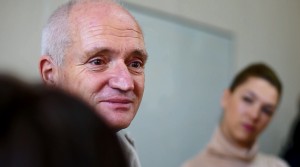
Elsie: I’m interested in literature that has some sort of relationship to history. It’s also easier to translate when you have something concrete. Whereas if you have literature that doesn’t have a narrative base, it is very difficult to translate. It is simply, you know poetry for the sake of poetry, and a lot of Albanians tend to write both poetry and prose which has no relation to anything. It is beautiful in Albanian but you can’t translate it.
Limani: In Albanian as you know, we don’t have a word for nonfiction. What you would describe as ‘nonfiction’ in English is called publicistikë, which most of the time includes stuff like pamphlets, propaganda, books…
Elsie: This is a great tragedy for the Albanian nation, that there is no tradition of nonfiction, of writing history as neutral history. Pretty much, all books that are published in Albania are with people’s opinions of history. Not what happened, but my opinion of what happened and it is publicistikë as you say, in a way.
What does it help the Albanian to read other people’s opinions without knowing what actually happened? The same things happens in the Albanian world in the news, if you listen to the news on TV, on the radio, you quite often have commentaries about what happened without them actually telling you what happened.
Limani: You’re very prolific not just as a translator but also as an editor. Do you feel the pressure because you are one of the very few people who are translating into works English?
Elsie: Definitely. I get emails almost every week, people telling me ‘Oh I’ve just published this volume of poetry, which is being well-received in the public. Could you translate it?’ Sometimes they’re known authors, sometimes they’re unknown. A lot of people want me to translate their works and I simply don’t have the time nor the energy.
Translating a book is a lot of work, and the result is that you produce an English language book which is not sold – you know, they sell 10 copies. And that’s it. It’s very difficult on the English market to present foreign language literature. The English speaking world is so huge that there’s enough literature written originally in English. And to promote literature from other countries is very difficult. It’s different in France or in Germany, there’s more interest in foreign language authors. But in the English speaking world there’s minimal interest and to find a publisher is difficult.
Limani: You live in Germany, where there are universities that deal with South East European studies. Is there an interest in Germany for Albanian literature?
Elsie: I don’t think there’s any particular overwhelming interest. It may come up from time to time when Albania is in the news, but i don’t think there is. In Germany we have, there is a professorship for Albanian studies in Munich, it’s the only one in Germany and it is surviving. But universities think financially and they think of subjects that are good for the economy and Albanian studies is not one of those studies. It is one of these ‘Cinderella subjects’ as they call them, which are totally useless but it’s good that they’re there. I’m very happy that the professorship in Munich has survived up to now and it’s apparently doing well now, there’s a lot of students. There’s also a lot of interest in Albania in Poland.
Limani: In Poland?
Elsie: I was in Torun a few years ago and was quite amazed at the number of Polish students learning Albanian – much more than I’d ever seen in Germany, or England or anywhere else. I was very surprised.
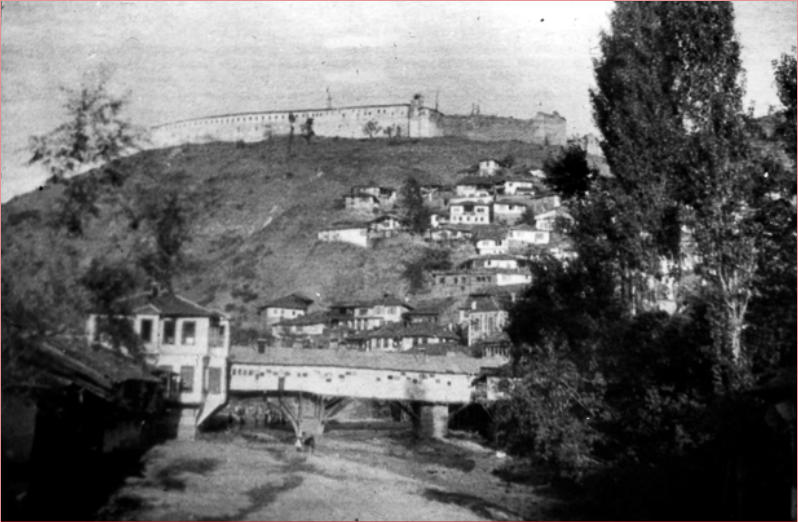
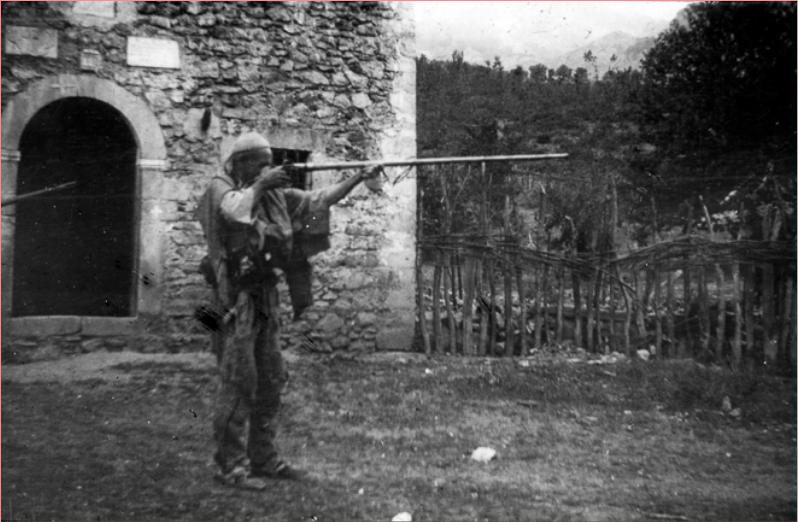
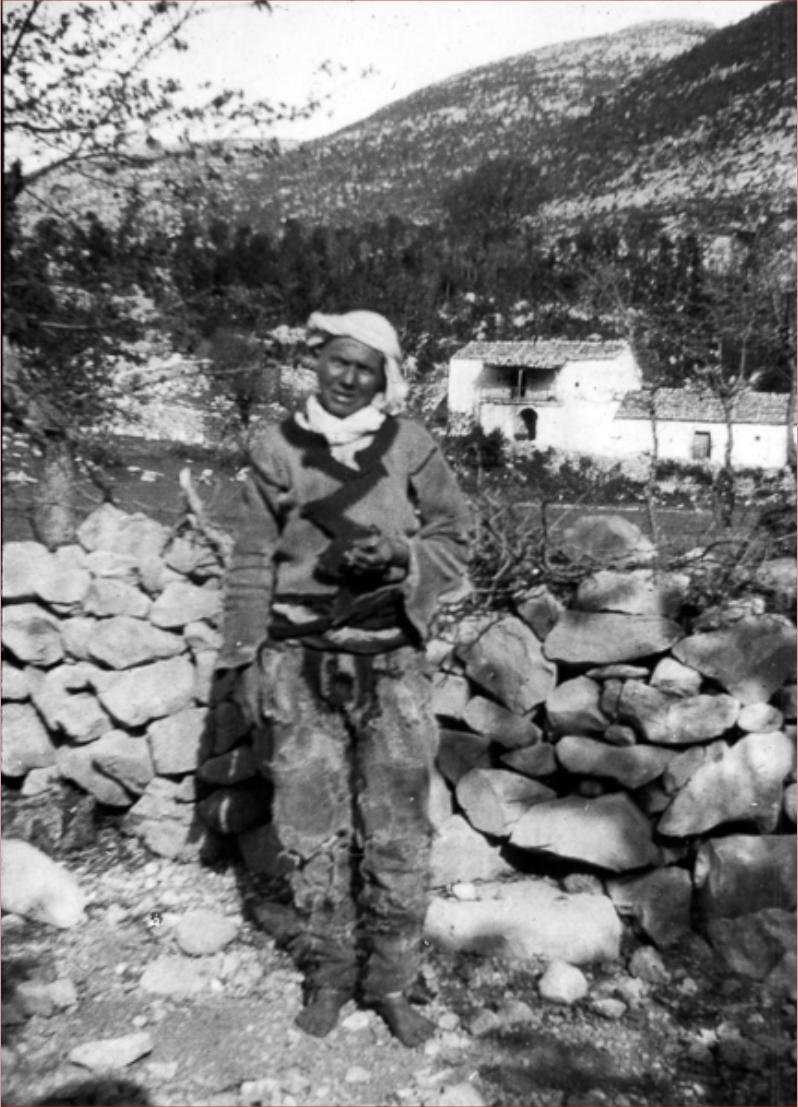
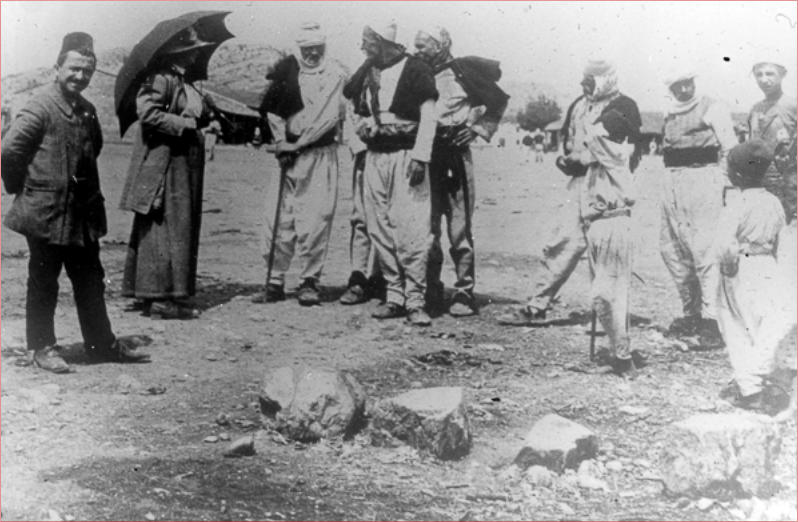
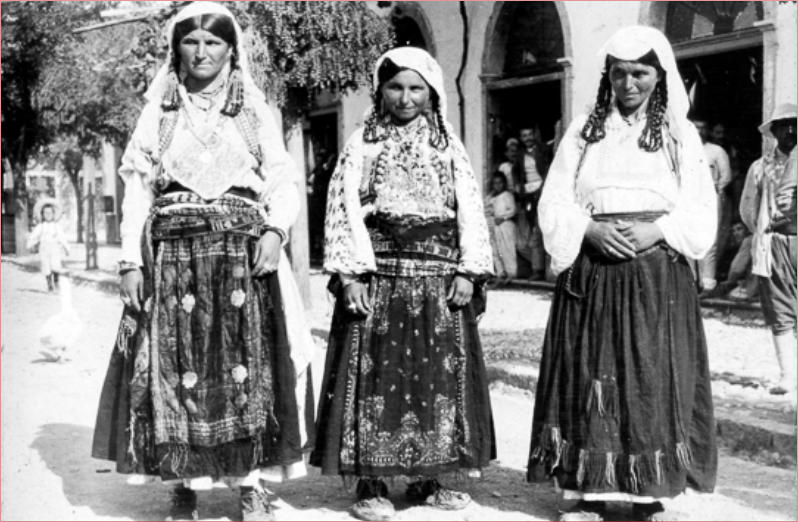

Limani: You have quite a few of websites in which you deal with different parts of Albanian culture. What’s the purpose behind all of these projects?
Elsie: If I find an interesting document, or a historical document that I can translate, that I think would be of interest, I put it on the net at the history website, albanianhistory.net. The Albanian language website has dialect recordings, the Albanian literature website has a lot of translations. I have one on Albanian art, but it’s not very developed.
Albanian photography, that’s something of great interest to me, especially old photograph collections and I have 15-20 old collections of Albanian photographs on the net. I’m presently working on the photograph collection of Edith Durham [which will be exhibited in Prishtina on Wednesday at 7 pm].
A lot of her earlier works were out of print. But they are available now, and at the same time she had a photography collection. In February I was in London and presented her photography collection for the first time in 100 years at the Royal Anthropological Institute, at the very same institute that Edith Durham herself presented the photos to the public 100 years ago.
Limani: What sort of photos are they?
Elsie: They’re actually just tourist pictures, she had a small portable Kodak with her, it had just come out in the market at the time. She took a camera with her and took pictures of Albania, Montenegro, and wherever she visited. Some are typical blurred photos, but others are very good, and have historical value.
Another project of mine will be her diaries, which are really fascinating, diaries of her travels. So she’s quite interesting, an interesting person.
Limani: What would you say is her relevance today, especially for Albanians?
Elsie: She was one of the first not only to make the Albanians known but also to support the Albanian cause. When she originally went to the Balkans she learned Serbian, and she never really knew Albanian.
So her first travels were to Montenegro, then she went to Serbia and at a certain point in time her relations with Serbia became very cold, she realized that Serbia had evil intentions, expansionist intentions on Albanian territory and she came to like the Albanians, she came to like Malsorë, the highlanders.
She very much admired them, she traveled a lot in the mountains in northern Albania and then Kosovo and Montenegro and she became very attached to Albanians. And although, as I said, she never really learned Albanian, she spent most of her travels in Albania and in later years when she was older, her home in London became a center of support for the Albanian cause until she died.
Limani: I’m guessing more of these details are available in her diaries…
Elsie: A lot of information is in her diaries, but as I said they haven’t been published yet. I haven’t even read them all, I have had them in my hands, last month, 12-13 notebooks of her diaries – readable, legible and I think we’ll get around to them.
Photos: Noar Sahiti.
This interview was shortened and edited.





